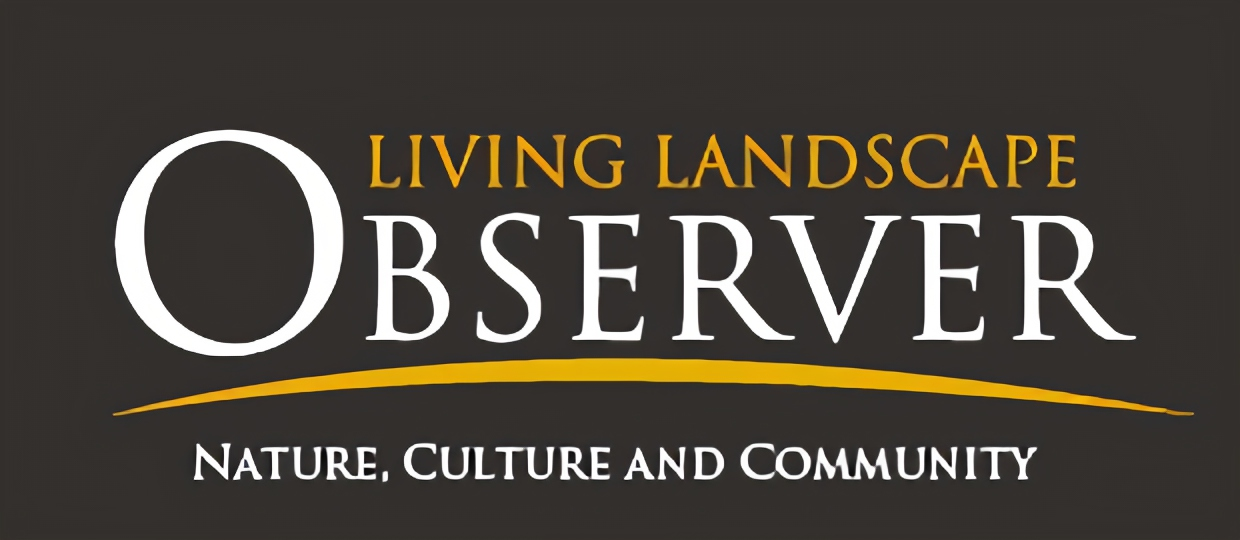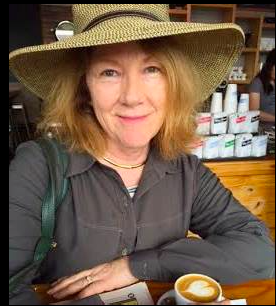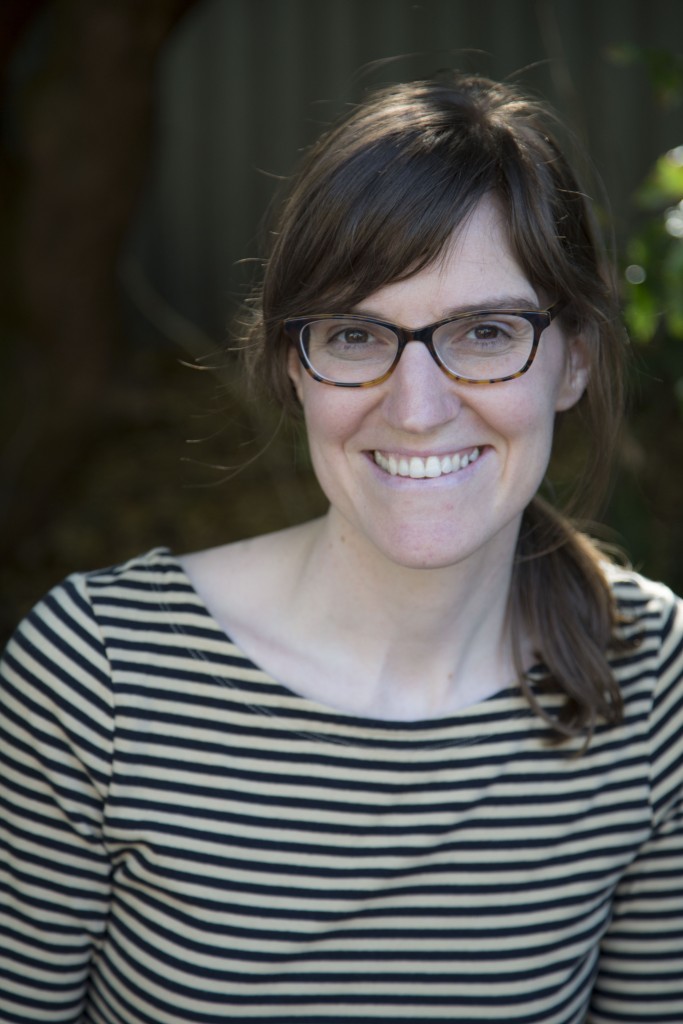To provide observations and information on the emerging fields of landscape scale conservation, heritage preservation, and sustainable community development.
Newsletter
Stay up-to-date with the latest nature, culture and community news.
We won’t spam you or share your information. Newsletters are sent approximately 10 times a year. Unsubscribe at any time.
2013: Let’s Meet Up on Living Landscapes
Mitigation: Now thinking on a Landscape Scale
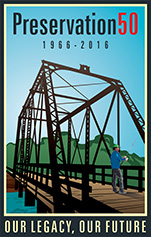
Historic Preservation @Fifty Years: What is Going On?
2016 marks the 50th anniversary of the National Historic Preservation Act, and a host of organizations and advocates are taking the opportunity to not only celebrate, but also to reflect on historic preservation’s past, present and future. Find out more about what is going on and how you might be able to get involved.
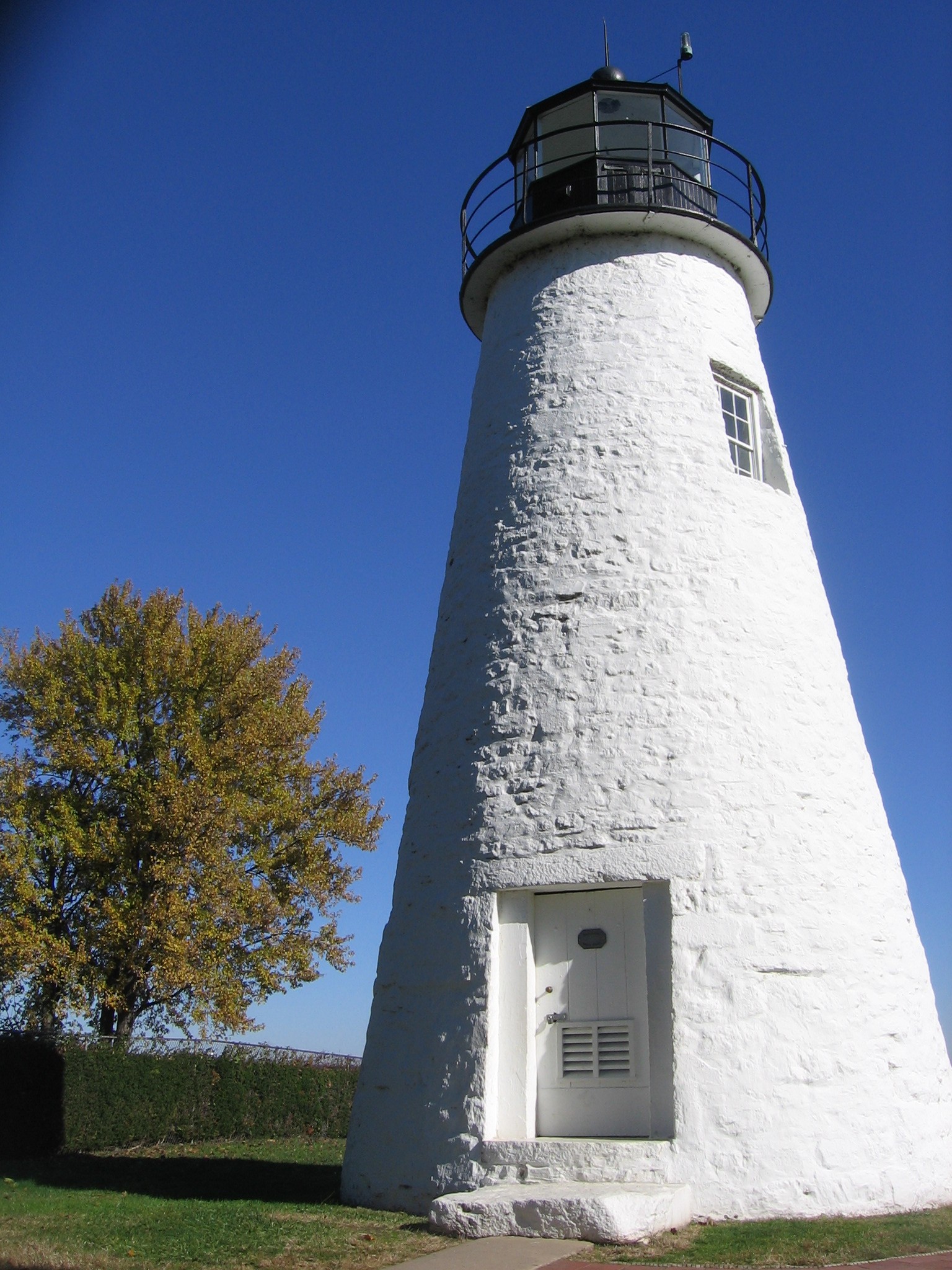
Find Your Chesapeake
The National Park Service Chesapeake Bay Office launched a new partnership website www.FindYourChesapeake.com. “Find Your Chesapeake” is tourism-focused and helps residents and visitors explore over 350 special places around the Chesapeake region.
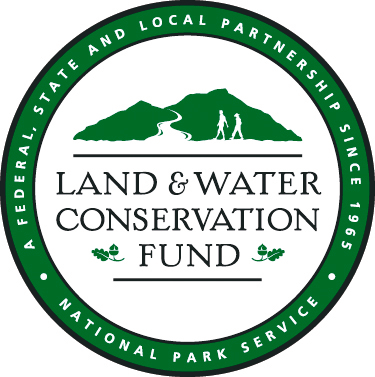
The Great Accomplishments and Uncertain Future of the Land & Water Conservation Fund
Authorization of the Land & Water Conservation Fund Act of 1965 (LWCF) will expire on September 30, 2015 unless Congress takes action to extend the legislation. Arguably the most significant piece of conservation legislation passed in the decades after World War II, the LWCF has funded all manner of projects across the country. Find out more about the politics currently threatening the future of this groundbreaking bill.
Who is Responsible for Landscape Stewardship on Farm Land
Many rural landscapes are shaped by centuries of agricultural land use. As agricultural land use practices change, landscapes transform. In fact, transformation is a key-characteristic of any agricultural landscape. Most of these transformations occur without major notice. Others, however, are perceived as unwelcome and result in requests for landscape stewardship interventions. But who is responsible for defining the stewardship goals and the interventions needed for agricultural landscapes, for implementing and bearing the extra efforts or forgone profits?
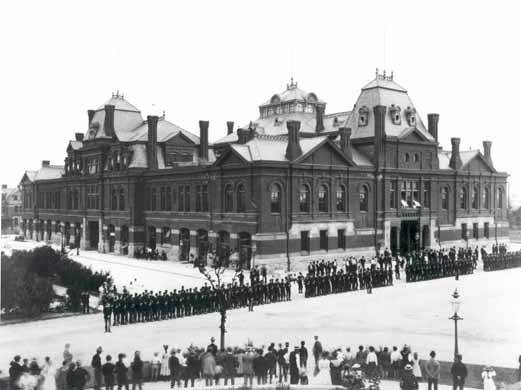
Preserved and Enlarged Forever
The end of 2014 and the early months of 2015 marked a period of growth for the National Park system, with 9 new units designated by either Congressional action or Presidential Proclamation. However, the additions were not without controversy, with some commentators lamenting that new additions would invariably mean less funding for existing units. In this piece, guest observer Rolf Diamant examines the perennially-vexing question of whether the park system will ever be “complete.”

Historic Preservation @Fifty Years: What is Going On?
2016 marks the 50th anniversary of the National Historic Preservation Act, and a host of organizations and advocates are taking the opportunity to not only celebrate, but also to reflect on historic preservation’s past, present and future. Find out more about what is going on and how you might be able to get involved.

Find Your Chesapeake
The National Park Service Chesapeake Bay Office launched a new partnership website www.FindYourChesapeake.com. “Find Your Chesapeake” is tourism-focused and helps residents and visitors explore over 350 special places around the Chesapeake region.

The Great Accomplishments and Uncertain Future of the Land & Water Conservation Fund
Authorization of the Land & Water Conservation Fund Act of 1965 (LWCF) will expire on September 30, 2015 unless Congress takes action to extend the legislation. Arguably the most significant piece of conservation legislation passed in the decades after World War II, the LWCF has funded all manner of projects across the country. Find out more about the politics currently threatening the future of this groundbreaking bill.
Who is Responsible for Landscape Stewardship on Farm Land
Many rural landscapes are shaped by centuries of agricultural land use. As agricultural land use practices change, landscapes transform. In fact, transformation is a key-characteristic of any agricultural landscape. Most of these transformations occur without major notice. Others, however, are perceived as unwelcome and result in requests for landscape stewardship interventions. But who is responsible for defining the stewardship goals and the interventions needed for agricultural landscapes, for implementing and bearing the extra efforts or forgone profits?

Preserved and Enlarged Forever
The end of 2014 and the early months of 2015 marked a period of growth for the National Park system, with 9 new units designated by either Congressional action or Presidential Proclamation. However, the additions were not without controversy, with some commentators lamenting that new additions would invariably mean less funding for existing units. In this piece, guest observer Rolf Diamant examines the perennially-vexing question of whether the park system will ever be “complete.”
